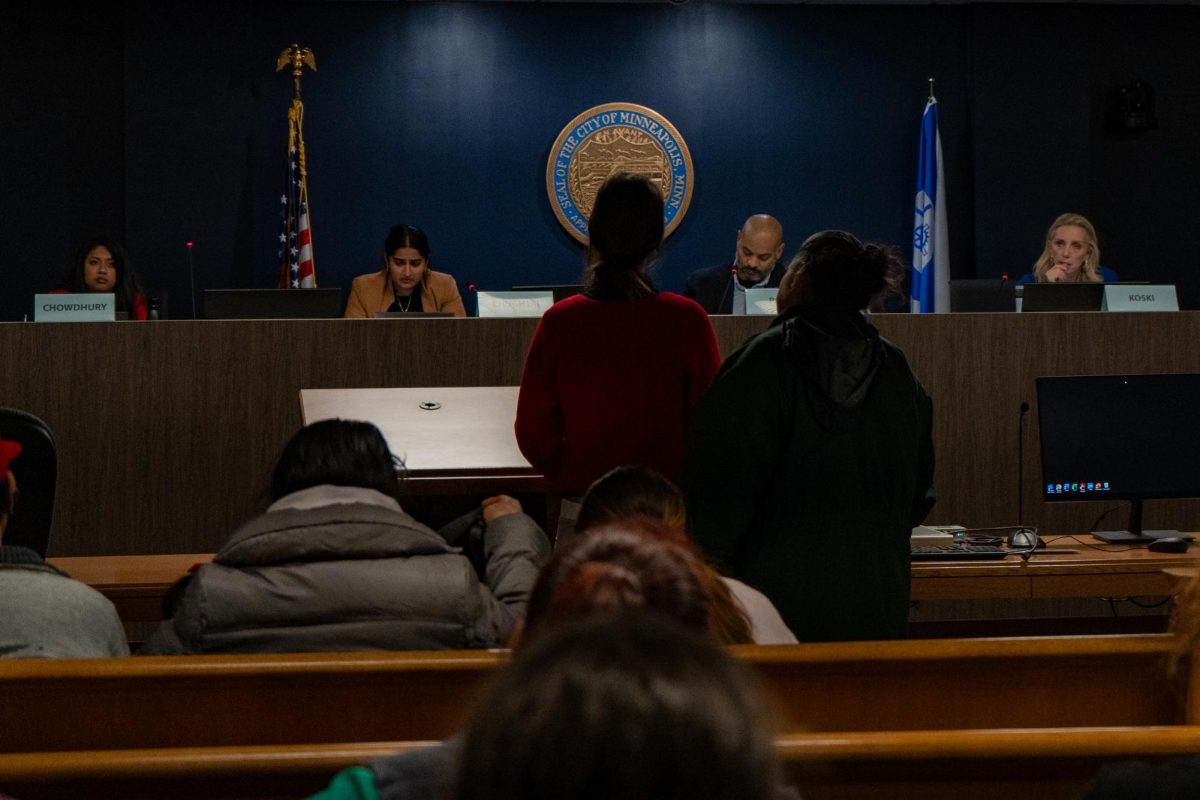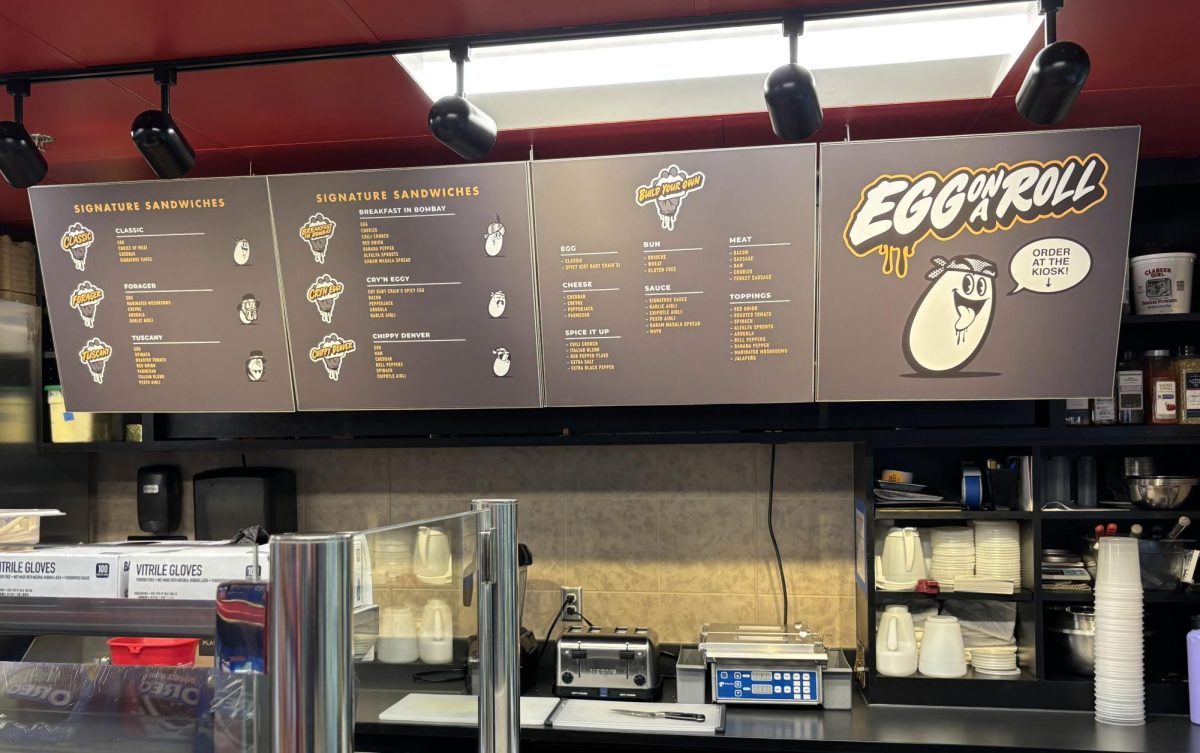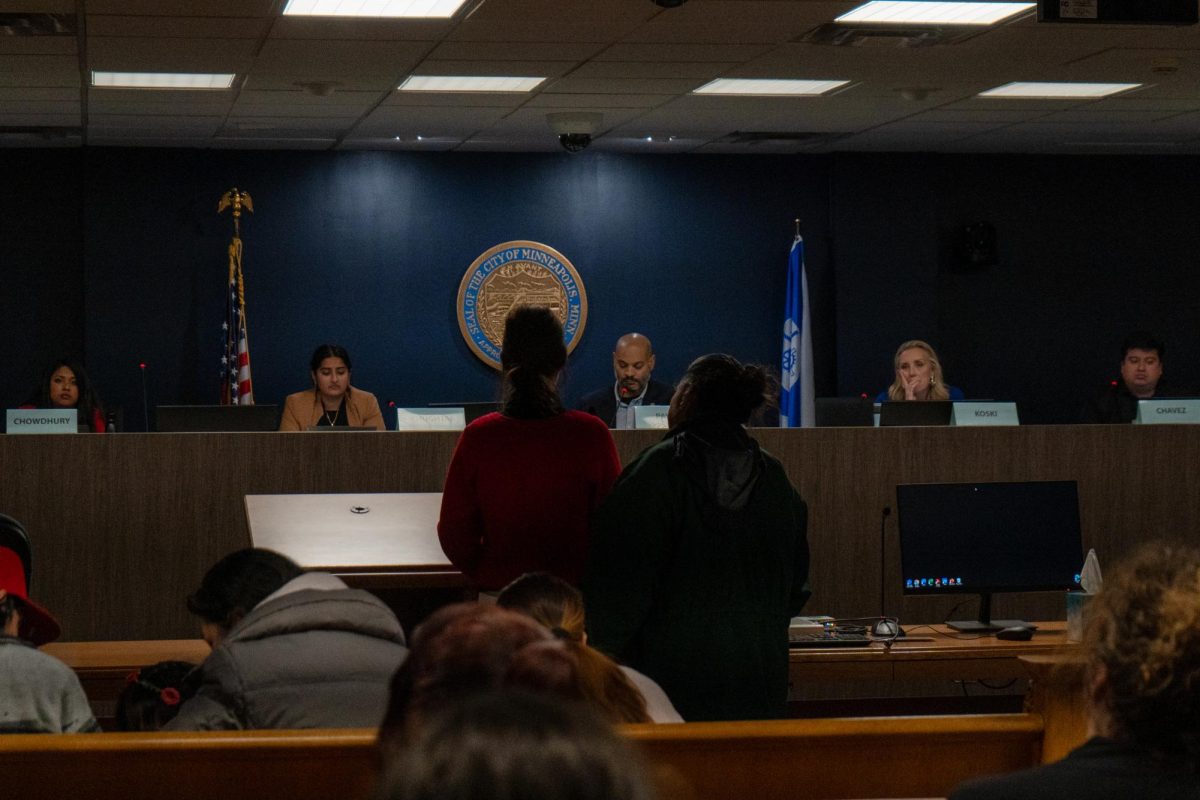The University of Minnesota recently received seven grants from the Minnesota Department of Agriculture, which aim to boost the competitiveness of specialty crops grown in Minnesota through research and education.
The U.S. Department of Agriculture Specialty Crop Block Grants were awarded late last month to organizations across Minnesota. University researchers will use the grant money on projects such as developing new specialty fruits, improving winter greenhouses and helping farmers comply with food safety regulations.
Developing the goji berry as a viable new perennial fruit crop
Researchers at the University are looking at the potential for developing goji berries as a new specialty crop in Minnesota. There are roughly 170 plants being grown, both in St. Paul and in southern Minnesota counties, with a long-term goal of statewide implementation.
The two-year, $100,000 project is led by Changbin Chen, a professor in the Department of Horticultural Science, and Ryan Murphy, a researcher in the Department of Forest Resources.
Goji berries have been cultivated for centuries as a medicinal herb in China and are gaining popularity in Western cultures as a health food, according to the project abstract.
The University is looking at the cultivation of both red and black goji berries. They could benefit farmers by preventing soil erosion and attracting insects and butterflies, Chen said. They also are believed to have extremely high concentrations of antioxidants, which are substances that may prevent or delay some types of cell damage, according to the National Institute of Health.
Improvement of a cell phone app to help growers comply with food safety record-keeping requirements
As yet another romaine lettuce scare hits the grocery stores, food safety is a hot topic among farmers. University researchers are improving upon a cell phone app that helps farmers follow food safety regulations, using a $36,886 grant that will end in 2019.
The Food and Drug Administration is trying to reduce foodborne illnesses by having farmers comply with the Food Safety Modernization Act, which can lead to more paperwork for farmers.
Cindy Tong, a professor in the University’s Department of Horticultural Science, is overseeing the production and testing of a cell phone app that can help farmers keep those records, such as daily logging of cold-storage temperatures.
“Some [farmers] said it would be easier for them if there were some kind of app they could use on their cell phones,” Tong said. “If they are doing something food safety related, they can just log it.”
The Center for Disease Control and Prevention estimates that 48 million people get sick from a foodborne illness, 128,000 are hospitalized and 3,000 die each year.
Optimizing Deep Winter Greenhouse production and profitability for specialty crop farmers
The University is working on a two-year, $100,000 project to improve Deep Winter Greenhouses for specialty farmers in Minnesota. Specialty farmers grow fruits and vegetables for farmer’s markets or for community-supported agriculture, known as CSAs.
“This will give those farmers the opportunity to grow crops and generate revenue all year round, instead of just during the in-season part of the year,” said Greg Schweser, statewide director of sustainable agriculture and food systems in the University Extension. “That’s our goal, to build more business opportunities for small farmers.”
A Deep Winter Greenhouse is a passive-solar greenhouse that relies on energy from the sun to heat the building instead of more traditional heating sources like propane, Schweser said.
Regular greenhouses are expensive, which is one of the largest barriers to people adopting the technology, he added. Right now, DWGs cost more than regular greenhouses, despite being more sustainable.
“This project will give us the opportunity to … create a structure that is cheaper per square foot, but still has the environmental benefits of using solar heat instead of fossil fuel heat,” Schweser said.
University Extension is also collaborating with the College of Design to develop prototypes of the greenhouse structure.
The other grants
Other grants received by the University will be used to provide food safety education and assistance to Minnesota specialty crop growers and develop drone-based remote sensing techniques for a severely limiting disease in seed potato production.
The Department of Entomology will also develop new tools for specialty crop growers in Minnesota to aid in managing the invasive Japanese beetle. The beetle has recently been affecting raspberry and grape crops, according to the MDA press release. Another grant will help evaluate the effects of soil and harvest timing on two grape varieties grown in Minnesota and North Dakota.







